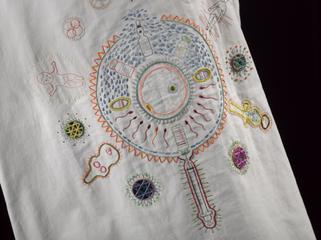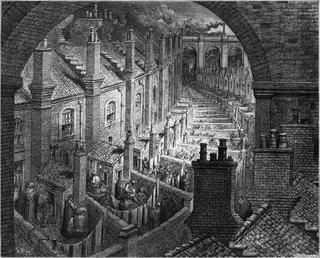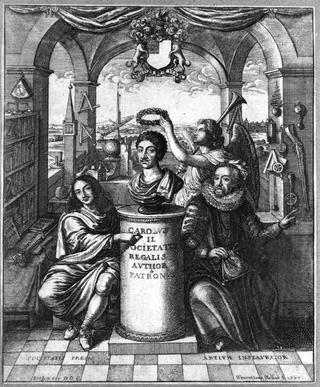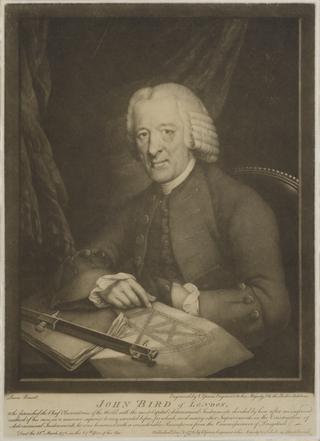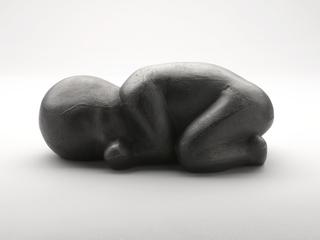
Cloud study of Cumulus behind stratus


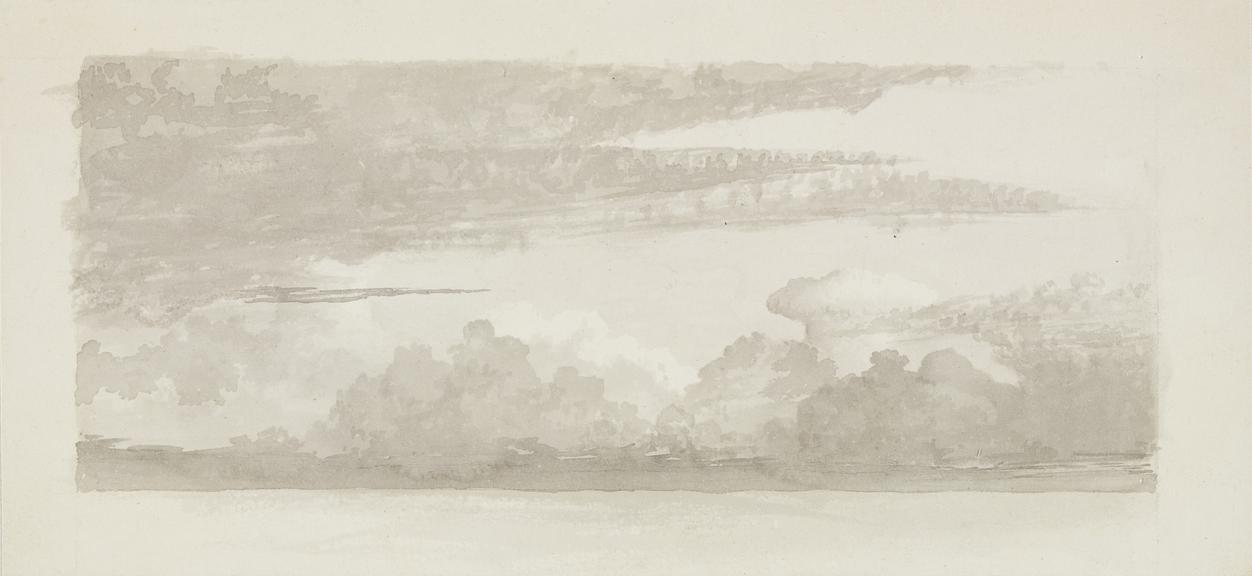
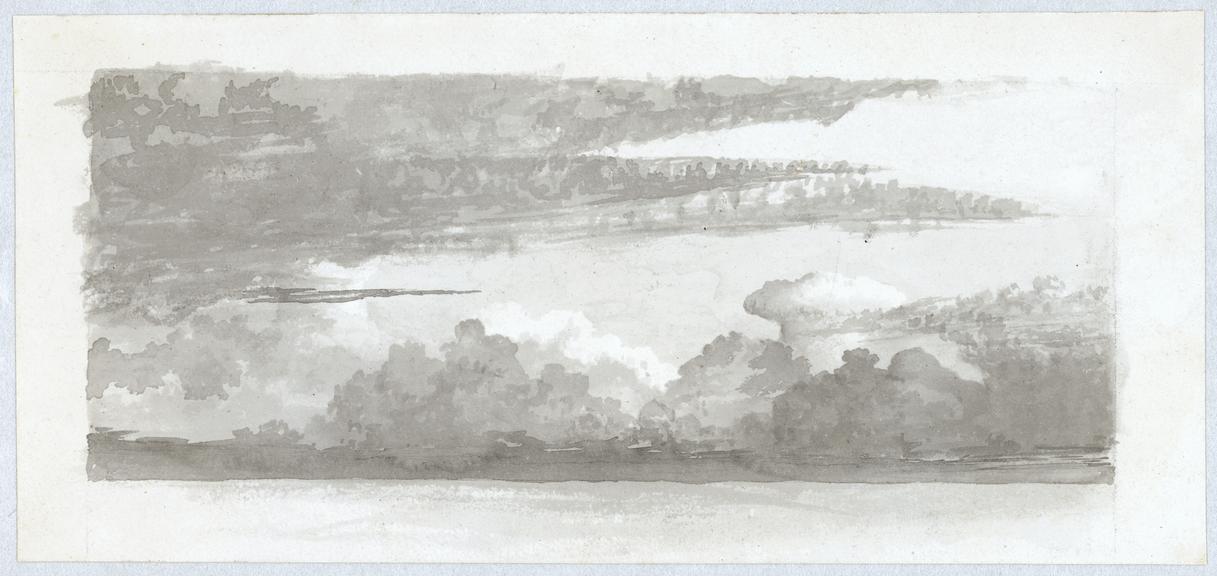
Cloud study by Luke Howard, c1803-1811: Cumulus behind stratus. Grey wash with white, 12x24cm
Chemist and amateur meterologist Luke Howard captured the different shapes and colours of clouds in these delicate pencil and watercolour sketches. Along with observations of height and movement, he managed the unimaginable and classified the clouds. Howard identified three basic families of clouds, using Latin names: cirrus ('curl of hair'), stratus ('layer') and cumulus ('heap' or 'pile'). He then added a further four subcategories - cirro-cumulus, cirro-stratus (nimbus) to explain the way clouds could swiftly change in appearance or join with others in the sky. Howard collaborated with the artist Edward Kennion to produce more picturesque cloud sketches for the third edition of his 'Essay on the Modification of Clouds' published in Alexander Tilloch’s 'Philosophical Magazine' in 1865.
Details
- Category:
- Art
- Object Number:
- 1981-862/34
- Materials:
- paper (fibre product) and watercolour
- Measurements:
-
image: 120 x 240 mm
- type:
- drawing
- credit:
- On loan from the Royal Meteorological Society

